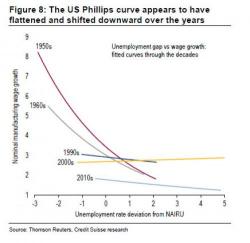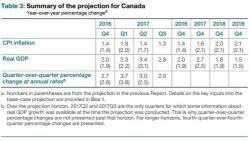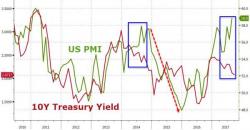Central Bank Balance Sheets Are About to Hit $20 Trillion

We just hit a new record high.
No, I’m not talking about the stock market. I’m talking about Central Bank balance sheets. While everyone is talking about the Federal Reserve’s proposal to shrink its balance sheet, globally other banks have been cranking up the printing presses.
As a result of this, the G-4 Central Banks balance sheets (Japan, the US, the ECB, and the UK) are closing in on an astounding $20 trillion.
H/T Dimit.



